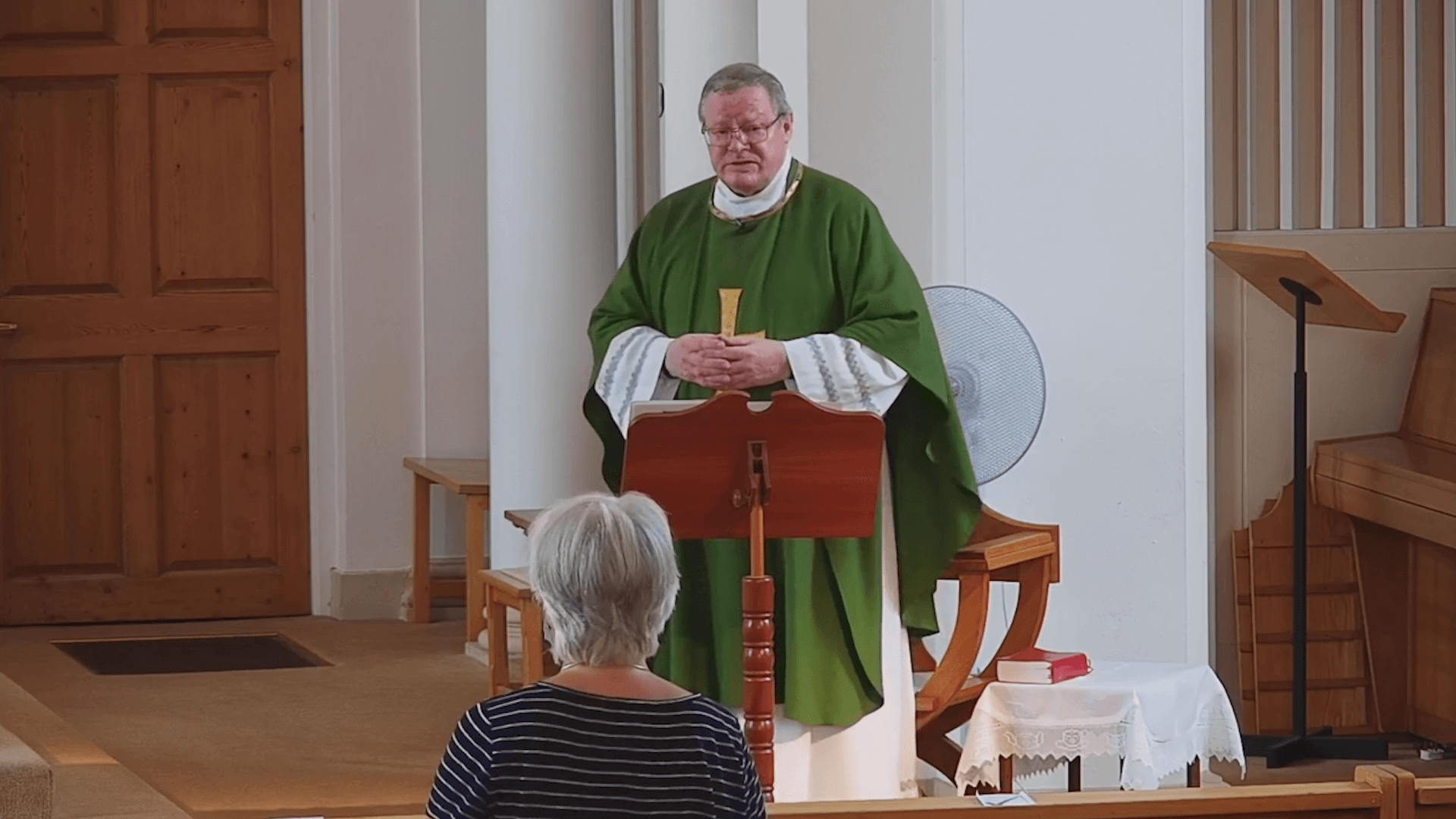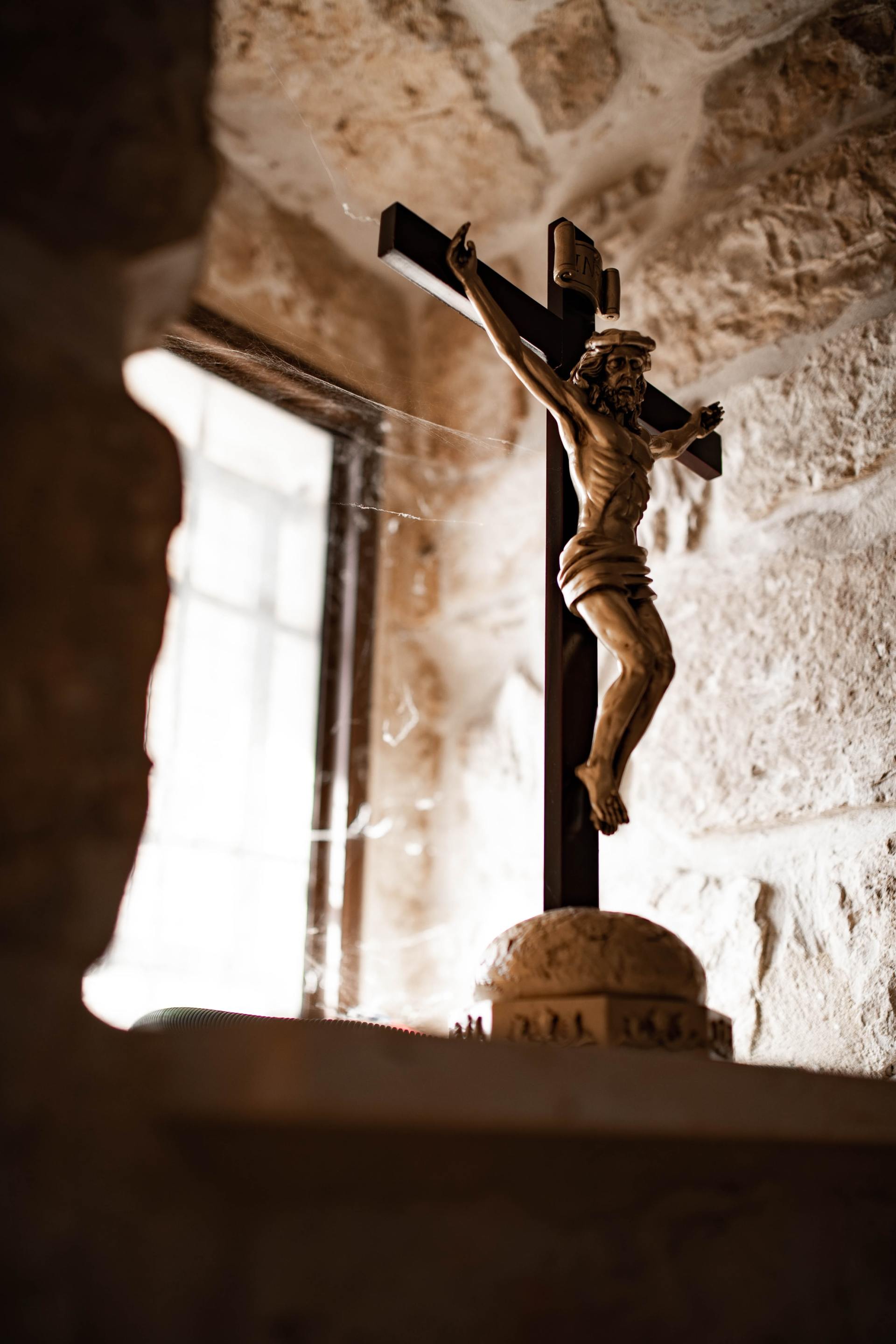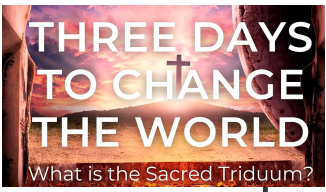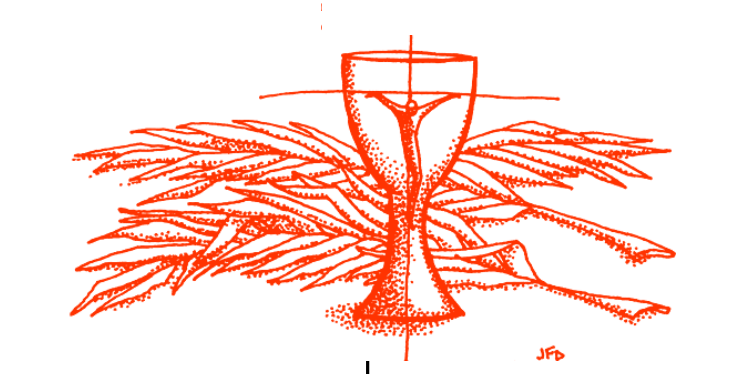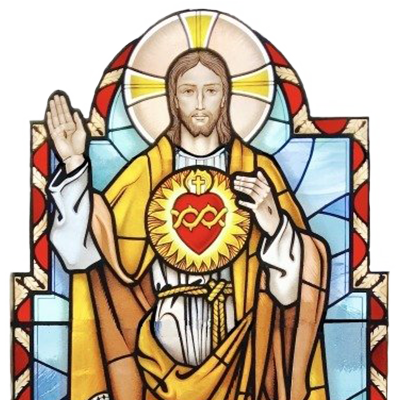A third way . . ..(5th Sunday of Lent Year C)
In the first reading, the prophet Isaiah speaks, re minding the Israelites that God-who brought their ancestors out of slavery in Egypt-can and will do marvellous things again. He gives them a reason to hope and to believe that God can still surprise them with unexpected new life. The passage creates a fore shadowing of Jesus’ mercy with the adulteress which allows her to begin a new life after her nightmare of almost being stoned to death.
This Gospel story is a beautiful example of Jesus’ ability to find a “third way” between two opposing options. At first, it appears that Jesus can either 1) follow the law of Moses and call for the woman’s stoning, or 2) let her “off the hook” and thus disrespect Moses. The scribes and Pharisees want him to choose one or the other so that they can either punish the woman or accuse Jesus of disrespecting their greatest religious leader.
Jesus finds another way to address the situation, however. He exhibits mercy that does not result in violence, but will almost surely bring about the woman’s con version. Given the danger she was in, and then Jesus’ utter compassion for her, her heart would have been touched deeply. Like a thoughtful parent who gently corrects a child’s poor behaviour, he doesn’t excuse what she did but asks her not to do it again. His response saves her life, and she is then free to go on as a witness to the power of love rather than vengeance. At the same time, the scribes and Pharisees, so eager to see another person suffer, find themselves quietly convicted for their self-righteousness.
Questions of the week
Jesus has a choice between showing mercy or justice here. Given the two options, which do you tend to move toward in your response to others?
In thinking about the people and situations in your life today, to whom are you invited to offer Jesus’ mercy rather than the Pharisees’ judgment?
